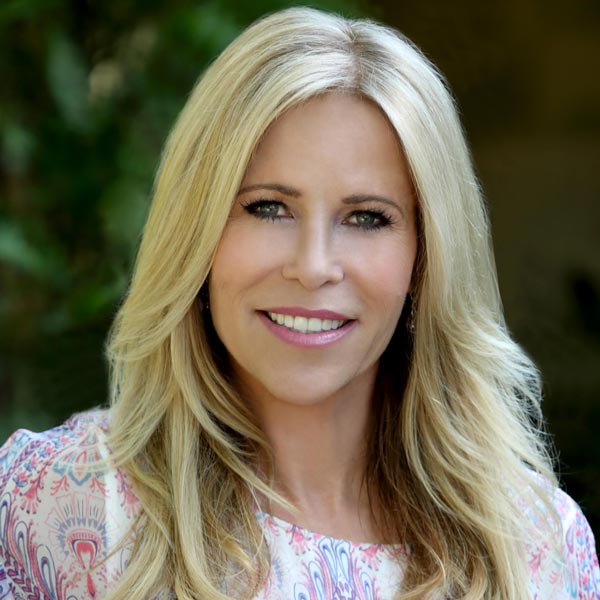Recovering from substance use disorder (SUD) and co-occurring mental health issues takes time, patience, and a willingness to have an open mind. People often feel empowered and uplifted when they are open to new ideas and perspectives. According to Substance Use and Misuse, during recovery, people benefit from emphasizing “the importance of keeping an open mind.” Learning from others allows you to gain deeper insights and understanding. Yahlight encourages individuals to share their stories and listen to the experiences of others.
What Does It Mean to Have an Open Mind?
Having an open mind does not mean unquestioningly believing what other people tell you or setting aside reason to accommodate unrealistic thoughts or beliefs. Instead, having an open mind means being prepared to embrace new ideas. No one expects you to suddenly drop all your long-held beliefs about yourself, others, or the world. Spirituality and personal growth are about gradually learning to connect with the deeper parts of yourself and allowing yourself to go into the learning experience with an open mind.
Having an open mind allows you to do the following:
- Find healthier ways to manage stress
- Discover new forms of self-care
- Learn from others and their experiences
Romans 12:2 (EVS) states, “Do not be conformed to this world, but be transformed by the renewal of your mind, that by testing you may discern . . . what is good and acceptable and perfect.” Opening yourself up to the idea of relying on the power of Christ allows you to uncover new aspects of yourself that may have been hidden away or repressed by maladaptive coping mechanisms like substance abuse.
Not Limiting Yourself or Others
Having an open mind means not limiting yourself or others. Placing strict boundaries on what you think or want to explore emotionally may cause you to avoid healthy outlets and coping skills. Choosing not to limit yourself gives you the mental space to approach new ways of thinking during recovery from substance abuse.
We limit ourselves in many ways, including:
- Socially isolating from others
- Avoiding change by clinging to unhealthy routines
- Emotionally withdrawing from friends and family
- Refusing to acknowledge emotional, physical, and spiritual needs
Often, people place limits to stop themselves from feeling uncomfortable emotions. Challenging those boundaries and processing the complex emotions beyond them can help you heal and grow. Cultivating a spirit of curiosity, openness, and acceptance makes it easier to stay positive and motivated to make healthier choices like being willing to explore and let go of old emotional burdens.
The Benefits of an Open Mind
Your recovery from substance abuse is a unique journey. No one else has experienced your specific set of circumstances. What you have lived through has allowed you to learn, grow, and can reinforce building a healthier and more fulfilling future. Being open to the idea of change increases the effectiveness of therapy and other healing tools.
Some of the benefits of having an open mind include:
- Increased self-awareness
- A more profound connection with your inner self
- Reduced stress and anxiety
- A willingness to try new things and embrace healthy lifestyle changes
- Stronger social bonds
You may feel more willing to accept forgiveness from others and yourself if you have lowered your mental defenses and look at things from a more objective point of view. An open mind allows you to look at your situation from an outside perspective, illuminating some internalized stigmas or untruths you may have been telling yourself. You can use these moments of self-realization and self-awareness to develop a healthier mindset.
Growing Spiritually and Emotionally
Everyone has things they can improve in their lives, including how they interact with themselves and others. Spiritual growth provides comfort and increases self-awareness. Individuals recovering from substance abuse benefit from taking steps to grow spiritually and emotionally. Meditation is an excellent tool for personal growth. During meditation, your spirit can guide you toward the areas where you may need to do more work to improve your emotional well-being.
How Does Yahlight Support an Open Mind?
Tonyah Dee, the founder of Yahlight, has decades of experience helping people overcome their traumas and embrace a spiritual path toward healing. Yahlight can provide you with the tools and resources you need to feel comfortable exploring different aspects of your body, mind, soul, and spirit. Meditation, holistic therapy, and prayer provide a solid foundation for healing from the effects of substance abuse. You can use these tools and the skills taught by Yahlight to replace maladaptive behaviors, thought patterns, and behaviors.
Keeping an open mind and using meditation or prayer to explore your inner experience will help you connect more deeply with your soul and spirit. In the Bible, 2 Timothy 1:7 states, “For God gave us a spirit not of fear but of power and love and self-control.” Being open to change and personal growth allows you to gain greater self-control and self-compassion.

Tonyah Dee has studied the Bible and wisdom traditions of the world for the last 30 years and teaches about finding ways to increase inner strength, stability, and confidence through practicing spiritual disciplines and healthy habits daily. Tonyah is a nutritionist, registered dietitian (R.D.), and earned her B.S. from Loma Linda University. She also holds certifications in Christ-centered life coaching, and meditation. Tonyah has been published in Scary Mommy, MSN, The Mighty, Mantra Wellness, CoveyClub, Thrive Global. Follow Tonyah on her blog, Facebook, Instagram, YouTube, LinkedIn, and Medium.

